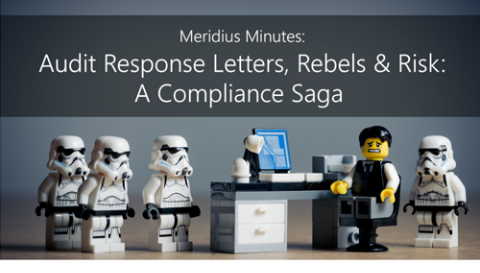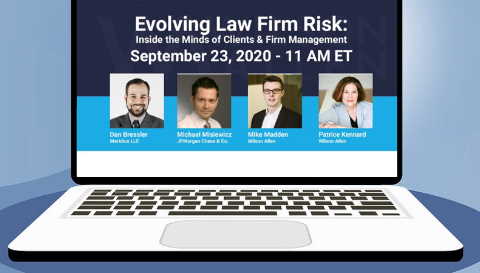ABA on Audit Letter Response + New OCG Data — Recently Published (August 2020) ABA Statement
Posted on
One more on the theme of audit letter responses. Turns out the ABA Business of Law Section published an update just last month, probably most of interest to those who really want to go deep on this particular issue: “The ABA Statement on Audit Responses: A Framework that Has Stood the Test of Time” —
- “This article summarizes key developments in the preparation of audit response letters concerning loss contingencies since the American Bar Association Statement of Policy Regarding Lawyers’ Responses to Auditors’ Requests for Information was published in 1976. These developments illustrate both the utility of the framework set forth in the ABA Statement and the responsiveness of the American Bar Association through the Business Law Section Audit Responses Committee (and predecessor committees) to issues arising under the ABA Statement and changes in accounting and auditing standards and practice.”
- “Since adoption of the ABA Statement and SAS 12 over forty years ago, we have seen an increased emphasis on the quality of loss contingency disclosure, an expansion of private litigation and SEC enforcement actions against accountants and other professionals, a new regulatory regime for the accounting profession established by the Sarbanes-Oxley Act of 2002, the development of new technologies to facilitate the audit letter process, and a substantial change in the standard auditor’s report to require disclosure of critical audit matters.”
Hat tip to Simon Chester at Gowling WLG for writing in with some additional data as well. He reports:
- “In my Outside Counsel Guidelines database, fully 31% of the clients say that they will not accept any charges for preparation of audit response letters – even though if one is aware of a contingent liability that meets the test, it may take many hours to settle how to report that so that it can be disclosed properly”
- “My experience has been that all too often CPAs tend not to mention law firms’ reports, I assume on the basis that the amounts are not material or too contingent.”
- And he notes
The Texas recommended process is significantly complex.









